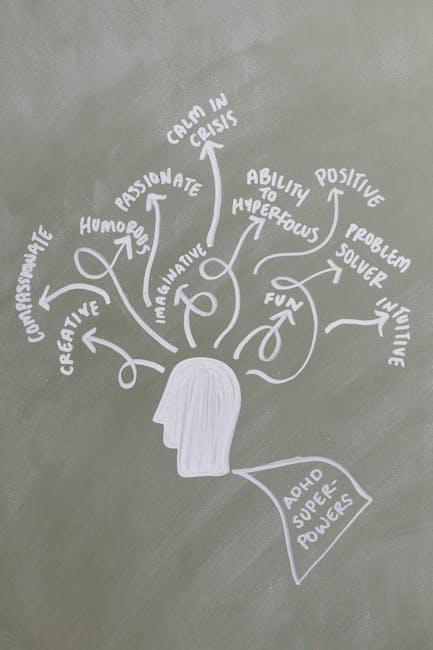In the intricate dance of human connection, emotions are the silent rhythms guiding our steps. Emotional intelligence, the ability to understand and manage our own emotions while empathizing with others, acts as the cornerstone of meaningful relationships. As we navigate the complexities of daily interactions, developing this skill can transform our connections, turning misunderstandings into understanding and conflicts into collaboration. This article delves into the art of cultivating emotional intelligence, offering insights and strategies to enhance your relationships and foster a more harmonious life. Whether you’re seeking to deepen personal bonds or improve professional interactions, the journey begins here.
Understanding Emotional Intelligence and Its Impact on Relationships
Emotional intelligence, often abbreviated as EI, is the ability to understand and manage your own emotions, as well as recognize and influence the emotions of others. This skill can profoundly impact relationships by fostering deeper connections and reducing conflicts. By enhancing EI, individuals can navigate complex emotional landscapes more effectively, leading to healthier and more fulfilling interactions.
- Self-awareness: Recognize your own emotions and how they affect your thoughts and behavior.
- Empathy: Cultivate the ability to understand and share the feelings of others.
- Social skills: Develop effective communication and conflict resolution skills.
- Self-regulation: Learn to control impulsive feelings and behaviors.
- Motivation: Harness emotions to pursue goals with energy and persistence.
Cultivating Self-Awareness to Enhance Emotional Connections
Developing a keen sense of self-awareness is essential for fostering deeper emotional connections. This involves recognizing and understanding your own emotions, thoughts, and values. By tuning into your inner world, you become more attuned to how your emotions influence your behavior and interactions. This heightened awareness allows for more authentic and empathetic communication, enhancing your ability to connect with others on a meaningful level.
To cultivate self-awareness, consider incorporating these practices into your routine:
- Mindful Reflection: Spend a few minutes each day reflecting on your emotions and reactions. Journaling can be a powerful tool to uncover patterns and triggers.
- Seek Feedback: Engage with trusted friends or colleagues who can provide insights into how you are perceived, offering a different perspective on your interactions.
- Embrace Vulnerability: Allow yourself to be open and honest about your feelings. This openness can build trust and strengthen emotional bonds.
By investing in self-awareness, you not only enhance your emotional intelligence but also create a solid foundation for more fulfilling and resilient relationships.

Practicing Empathy: The Key to Building Stronger Bonds
Empathy is more than just understanding someone else’s feelings; it’s about truly experiencing and sharing those emotions. To cultivate this essential skill, start by actively listening to others. Pay attention not just to their words, but also to their body language and tone. Reflect back what you hear, showing that you are engaged and validating their feelings.
Additionally, consider the following practices to enhance your empathetic abilities:
- Practice mindfulness: Being present in the moment can help you tune into others’ emotions more effectively.
- Ask open-ended questions: Encourage deeper conversations by avoiding yes or no questions.
- Put yourself in their shoes: Try to imagine how you would feel in their situation.
- Show genuine interest: Demonstrate that you care about their experiences and perspectives.
By incorporating these practices into your daily interactions, you can foster deeper connections and build stronger, more meaningful relationships.

Effective Communication Strategies for Emotional Growth
Building emotional intelligence hinges on the mastery of effective communication strategies. Active listening forms the cornerstone of this practice. It involves fully concentrating, understanding, responding, and then remembering what is being said. This creates a safe space for open dialogue and fosters deeper connections. In addition to listening, expressing empathy is crucial. This means not only understanding others’ feelings but also conveying that understanding back to them, thus validating their emotions and experiences.
Incorporating non-verbal communication techniques can also significantly enhance your interactions. Body language, eye contact, and even the tone of your voice play pivotal roles in how your message is received. Consider these strategies:
- Maintain eye contact to show attentiveness and interest.
- Use open body language to invite engagement and reduce defensive responses.
- Adjust your tone to match the emotional context of the conversation.
By integrating these methods into daily interactions, you pave the way for emotional growth and stronger, more resilient relationships.





